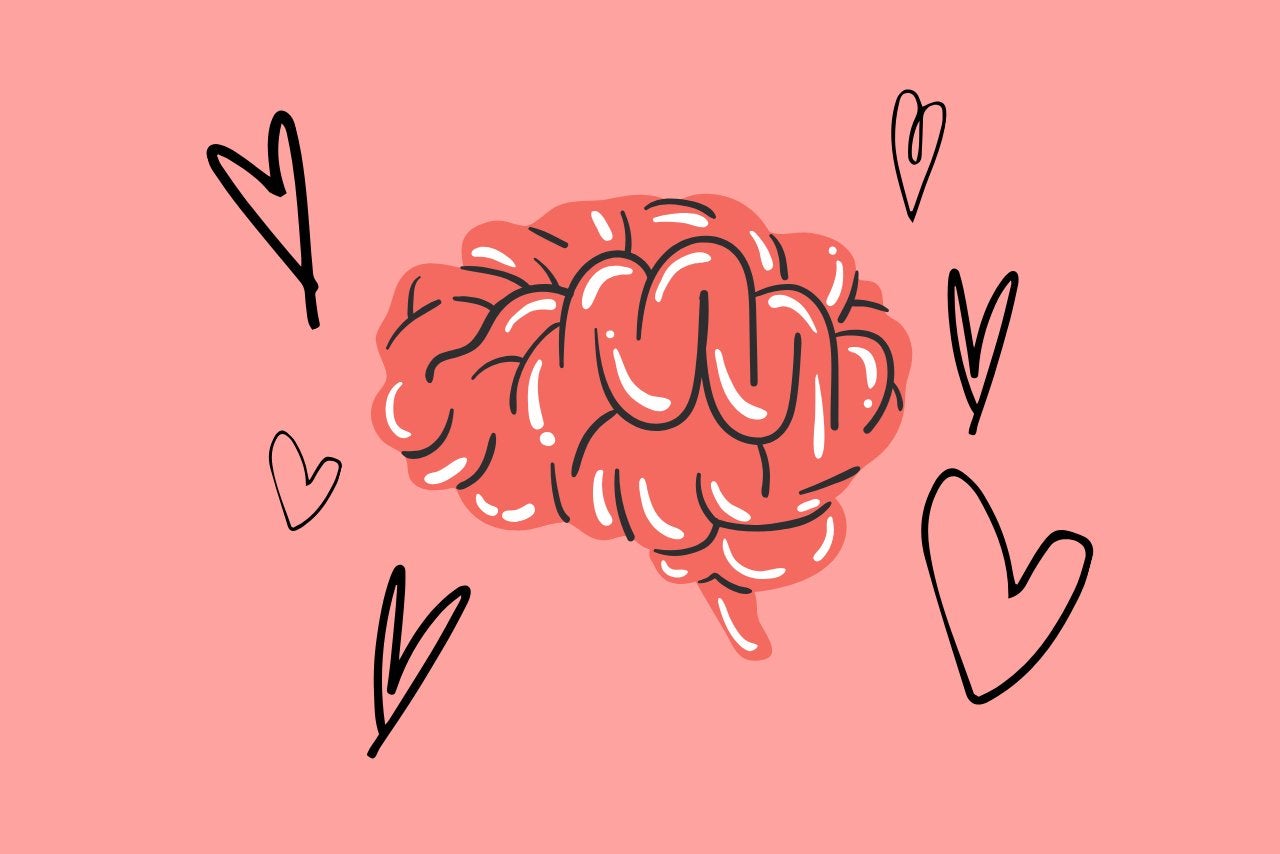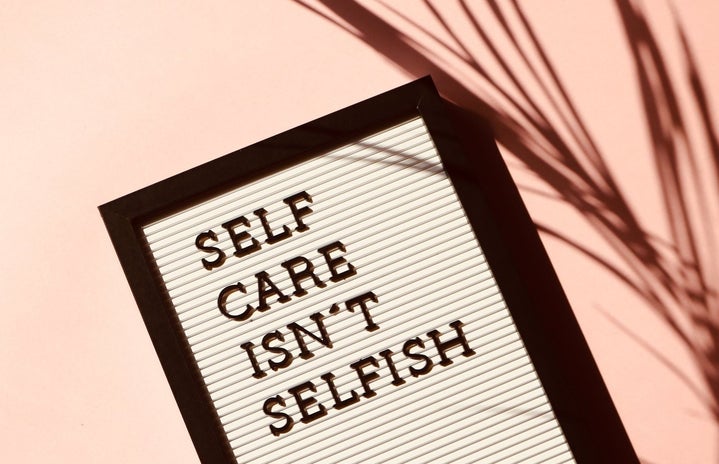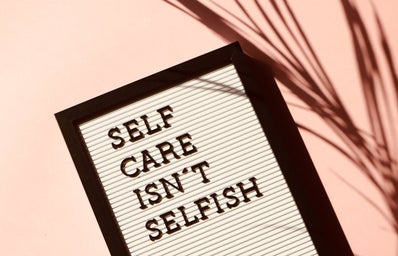You could say my first day of junior year in high school was less than ideal. I had not slept at all the night before school started, as I was on the phone giving advice to a friend and listening to her rant about her current troubles with her boyfriend. Once I got to school, I was already exhausted and not mentally prepared for the day, so as you can imagine, it felt like the end of the world to me when I couldn’t find my books anywhere in my locker.
I had gone into school a week before classes started (after obtaining special permission from administration, of course) with the intention of putting all my textbooks in my locker — that way, I could be extra prepared for my first day. Instead, I spent that first day scrambling about the front office, trying to find out what happened to my books, only to learn that they had been removed by an impromptu locker clean-out and accidentally got misplaced. Essentially, I learned that I had to buy entirely new, expensive textbooks out of my own, very bankrupt pocket. (Yeah, my first reaction was a “Yikes” too.) Without my books the first week, I was already behind, and I knew I was going to be spending my first weekend catching up while my classmates were having fun for our first weekend back.
Frustrated, I went to the same friend I called the night before to vent about my struggles. Instead of the support I showed her the night prior, she reacted in confusion at my plight and was clearly not interested since the problem did not apply to her. At that moment, I was struck by a startling epiphany: I had spent a majority of my life living for others rather than living for myself.
To clarify, I couldn’t exactly blame my friend entirely for her confusion regarding my frustration, seeing that I had never made the choice to rant to her about my problems before. In fact, after some self-reflection the next day, I realized that I had become the “therapist” of my friend group without even realizing it. I had become the go-to person for advice, which isn’t a bad thing of course, but I always made myself available to help my friends through an issue no matter what my schedule looked like. I never put my well-being before the well-being of those around me, and that inevitably proved to fail me in the long run.
There is absolutely nothing wrong with wanting to be there for your friends and wanting to help them out. Nevertheless, it can be dangerous to become the designated “therapist” friend, because eventually people may not know how to help you in return when you run into issues of your own. (We are all human, after all. We all run into obstacles that can be difficult to overcome once in a while.) My focus revolved entirely around solving the problems of those around me, rather than ever expressing and working through my own. As a consequence, I found myself without an emotional outlet in the form of a friend, and I eventually felt unequivocally alone, a damaging feeling to have during times of stress and frustration.
Since that day, I have made a conscientious effort to put my own mental health and prosperity first before immediately jumping to helping those around me. I won’t lie, it has proven to be difficult at certain times. It can be hard to ignore the gut reaction telling me to drop everything I have going on, and help someone close to me when they need it. I’ve lived most of my life instantly thinking about how to assist others rather than dealing with my own issues, after all. It’s difficult, trying to break out of the mold of being the designated “therapist” friend.
To be completely clear, I am still extremely close with my friend group from high school, and I did learn, in time, how to express myself more openly around them. It is not impossible to begin prioritizing your own self care after you have fallen into the role of being the “therapist” in your friend group. It just takes open communication with your friends and a personal decision to prioritize yourself. But I knew that I had to learn how to put myself first, especially if I ever wanted to give myself the chance to succeed. This was a particularly crucial mindset to have in regards to starting college.
Going into college, my friend group from high school spread apart across the country — this gave me the chance to start anew and modify my approach regarding the new relationships I have built (and will build) at my university. While I still make time for my friends in college every now and then to help them out (helping them study for an exam, for example), I make sure to put myself and my priorities first (such as my studying and comprehension of course material). I try to find a proper balance, where I can still be available to be a helpful friend, but make sure I don’t jeopardize my own success to do so. As a result, I am able to thrive individually while also being a helping hand to my friends when needed.




